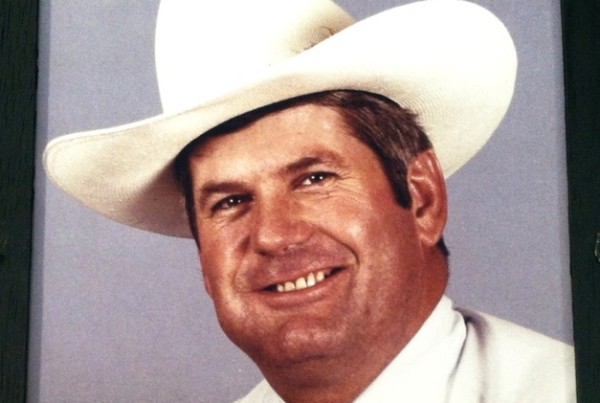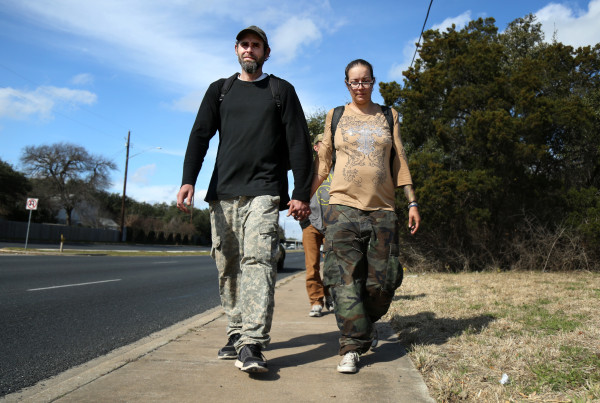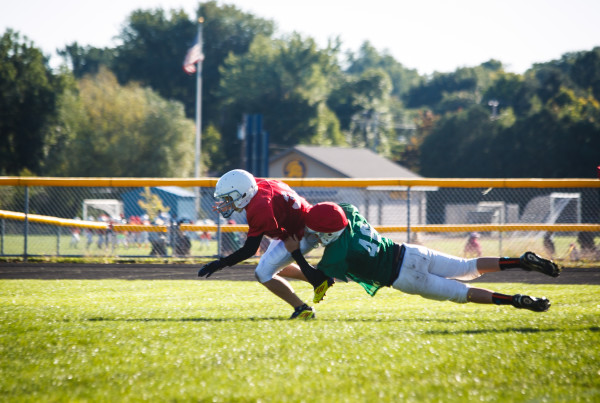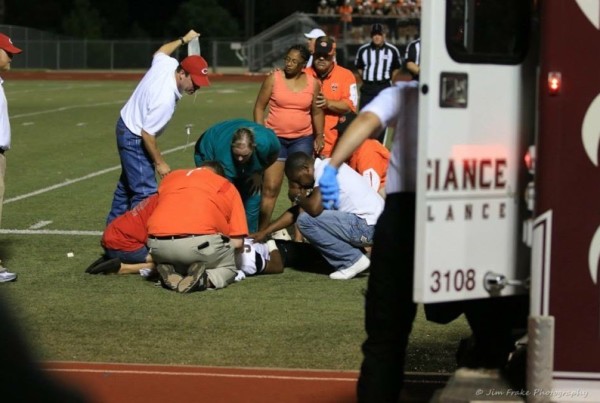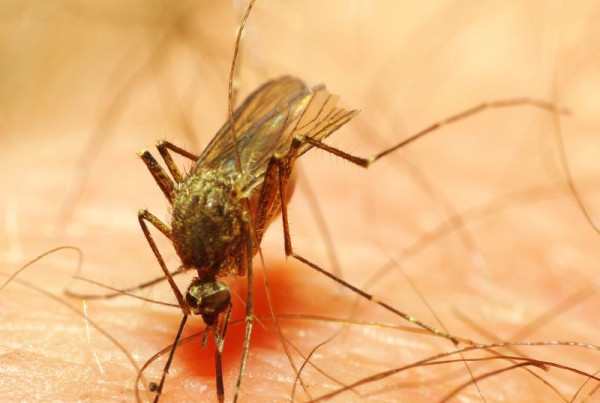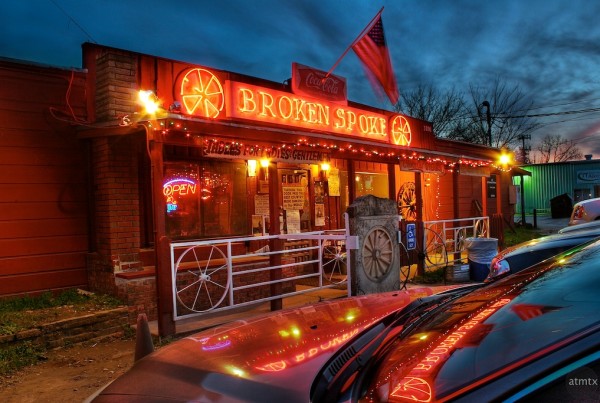As talks of extraditing drug kingpin, Joaquín “El Chapo” Guzmán to America grow stronger, some in law enforcement might be getting nervous. Guzman is head of the Sinaloa cartel, the largest supplier of illegal drugs to the U.S.
It’s believed that in addition to corrupting Mexican government and police officials, the cartel has infiltrated some law enforcement on this side of the border. Those folks would certainly be at risk if El Chapo were to testify in an American Courtroom.
Melissa del Bosque, investigative reporter for the Texas Observer, co-wrote about border corruption in the piece “Homeland Insecurity.”
“We’ve had waves of corruption cases over the years at the border,” she says. “Corruption is built into the business model for drug dealing, so there’s an enormous amount of pressure on law enforcement at the border.”
Del Bosque says there are people who are already part of a drug cartel who try to get jobs in law enforcement. Then there are those who are already part of border patrol and customs with good intentions, but who are corrupted along the way.
“An interesting finding is that many corrupt officers who do get caught, they’ve usually been on the force or in border patrol for at least six or seven years.”
She says it’s possible that the longer a person stays in law enforcement on the border, the more susceptible they are to corruption.
“There are ways that people will get to you. It usually starts with something small and then they work their way up. It might be tickets to a basketball game, or something like that, and before they know it they’re basically working for a cartel.”
On the U.S. side cartels typically use gifts. Del Bosque says it can start off slow or it can happen through a family member or relative who’s involved in the cartel business already. But on the Mexican side they use a lot more threats and they will carry them out, she says.
“What was kind of startling was that homeland security doesn’t really know how bad the corruption is within its forces,” del Bosque says. “Its oversight agencies – the officers who are supposed to be rooting out corruption – there aren’t enough of them. They don’t work together.”
A lot of corrupt agents are falling through the cracks.
The Department of Homeland Security has put together an advisory committee with law enforcement officials across the country to try and curb the problem.
“One solution is to double the number of investigators looking into corruption,” del Bosque says. “Customs and border protection is now the largest law enforcement agency in the country. We’ve seen all this emphasis of boots on the ground, boots on the ground, but Congress hasn’t done anything about oversight of the people who are wearing those boots.”
Del Bosque says DHS doesn’t know what corrupted officials are up to, or how to root out the corruption. They’re trying to put a panel together now to fix the problem.
“It’s tough. At any border in the world there’s an intense amount of tension on law enforcement and corruption and getting things across the border back and forth,” del Bosque says. “I know the FBI has beefed up its public corruption unit down in the Rio Grande Valley to look into corrupt local officials. There’s been a spate of sheriffs being arrested for corruption in the last two or three years down there. It’s an enormous task.”




